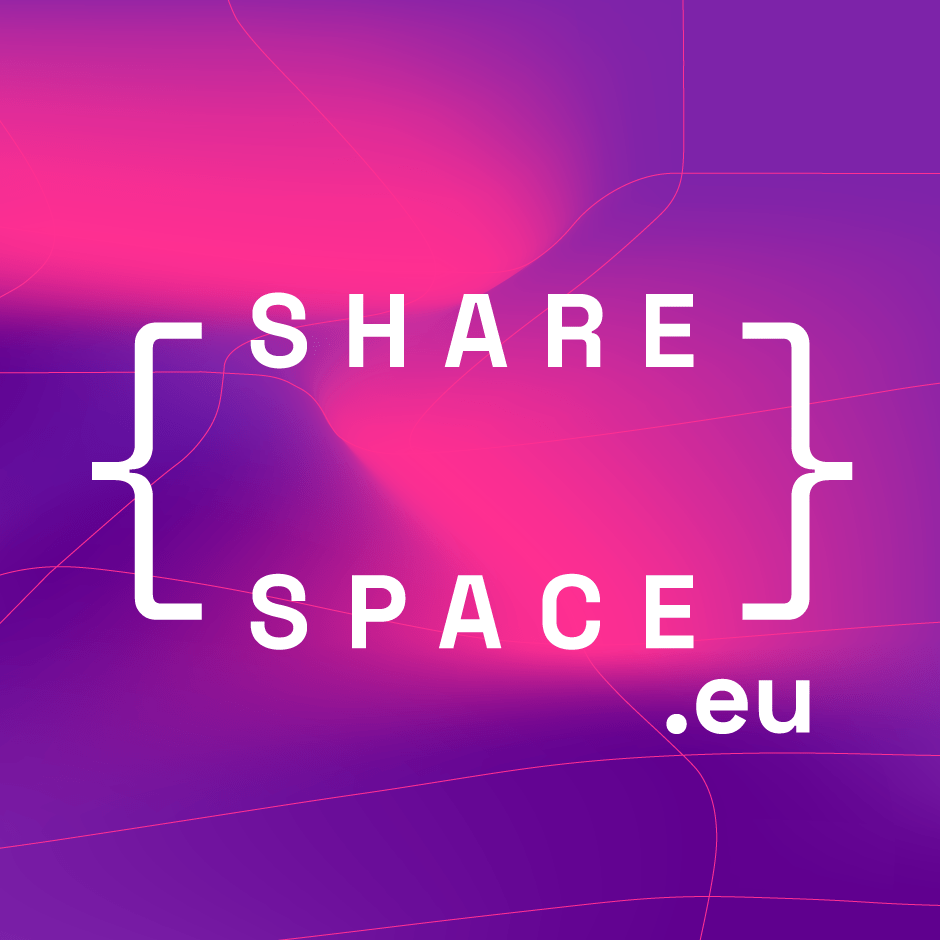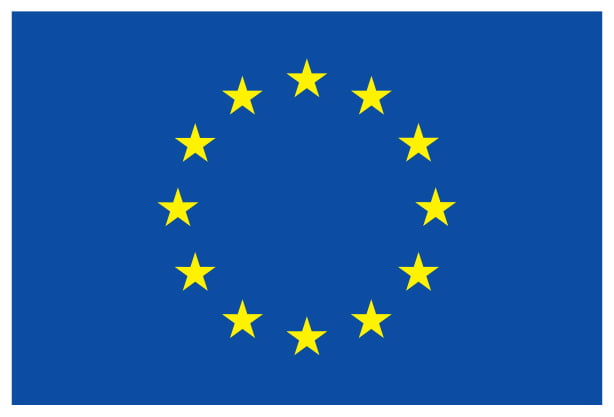
Since 1996, the Ars Electronica Futurelab has designed the future at the crossroads of art, technology and society. The aim of its own work is to create room to think and act, to generate new perspectives and provide new means by which momentary challenges can be tackled in regard of the future. From 3D printing, robotics, media architecture, mobility and interactive technologies to issues of creativity, innovation and new ways of aesthetic expression – the Ars Electronica Futurelab is dealing with different topics of our times, is speculating about the prerequisites and consequences of the socio-technological change and is providing own-standing suggestions.
An open artistic-investigating approach and focusing on solid solutions characterize the working methods of this institution. In everyday practice, established differences between art and science find a new definition. Whether within the framework of promoted science projects or in connection with partners from the art, science or economy, the core of these activities is the creative-experimental process of creation by which technologies are designed anew and the very own doing is reflected and formed in the context of social questioning. The results are technical prototypes, genuine experiences and the creation of knowledge emerging from recent ways of looking at problems.
Additionally, the Ars Electronica Futurelab is serving as an international platform for artists and researcher in residence and is passing on its experiences in the form of workshops, seminars and lectures for students and interested people and institutions from the private sector.
Within SHARESPACE, the Ars Electronica Futurelab is responsible for coordinating the real-world art scenario. At the Deep Space 8K, located at the Ars Electronica Center, three artworks will be developed using SHARESPACE technology. One of these works will be created by the internal members of the Futurelab, and two will be created by external media artists.
Project members
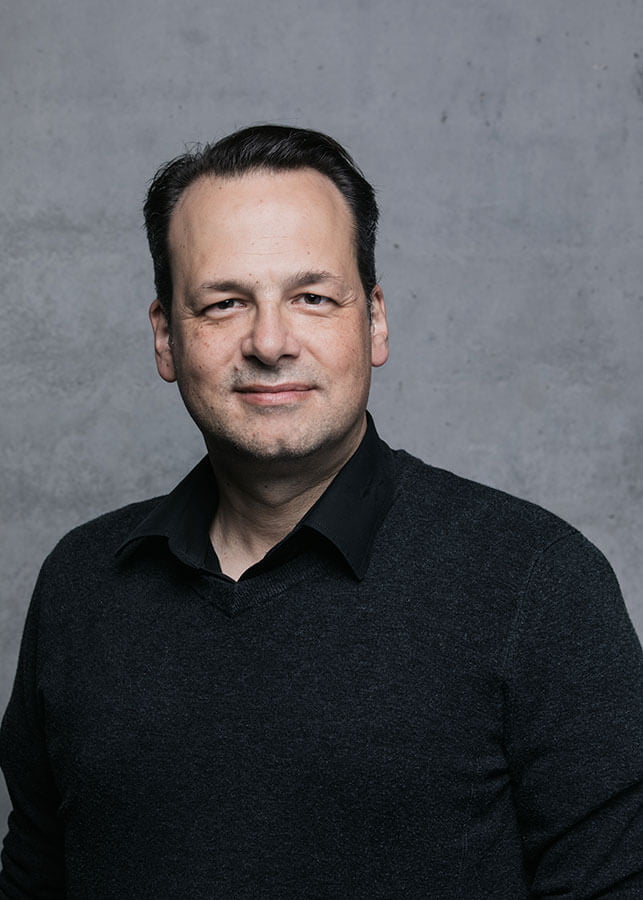
Roland Haring
Technical Director
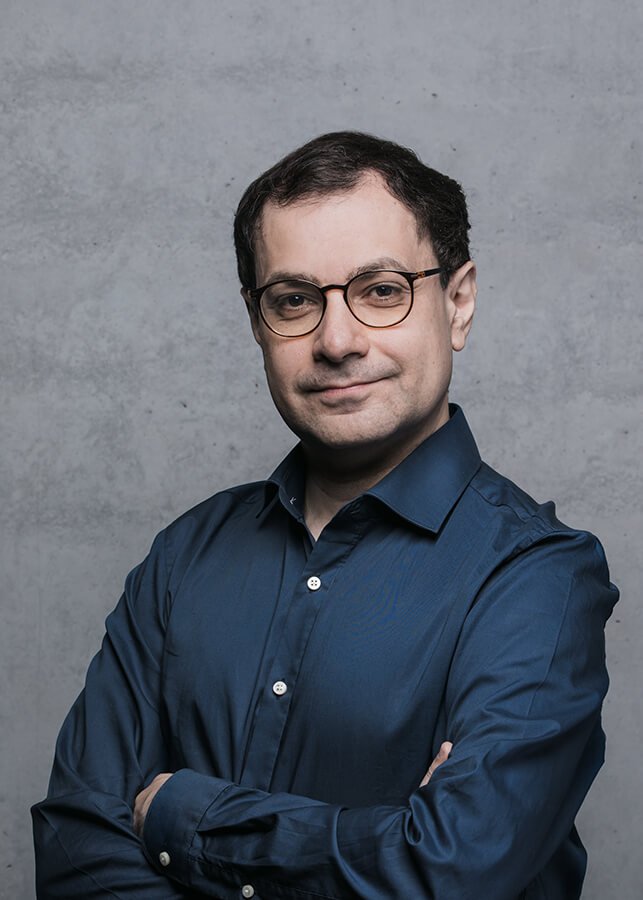
Ali Nikrang
Key Researcher & Artist
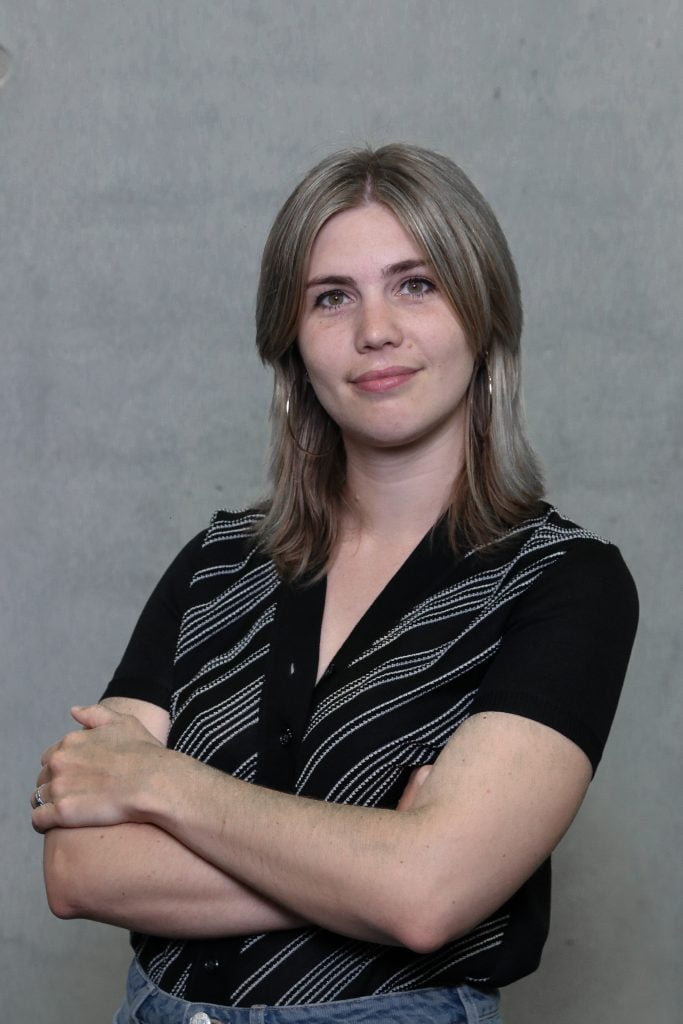
Cyntha Wieringa
Researcher & Artist
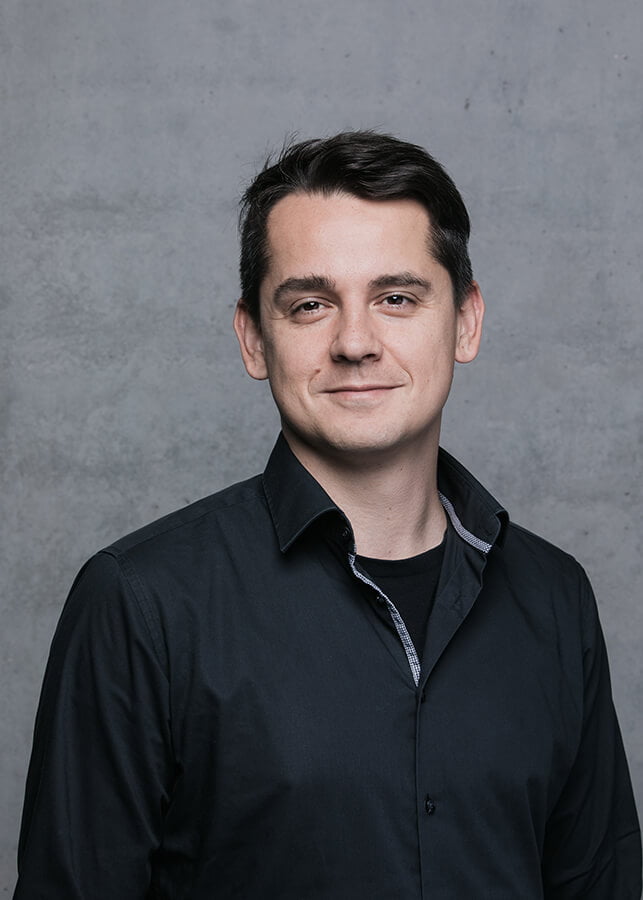
Daniel Rammer
Senior Researcher
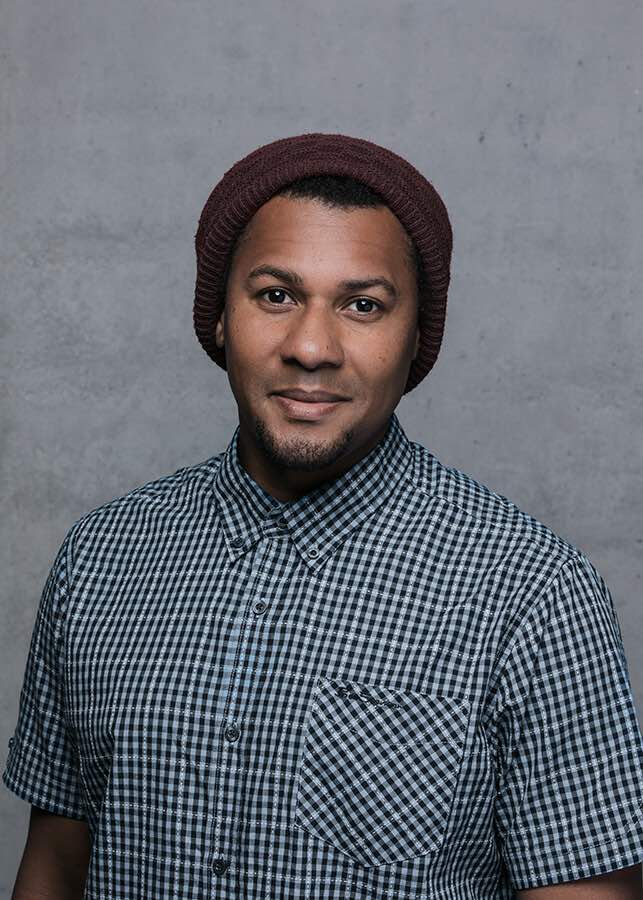
Friedrich Bachinger
Senior Developer & Researcher
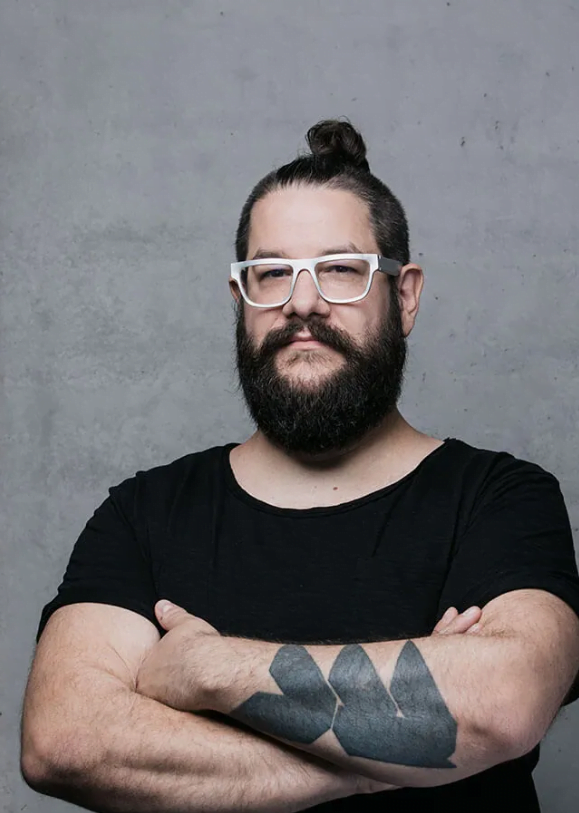
Johannes Pöll
Lead Designer & Artist
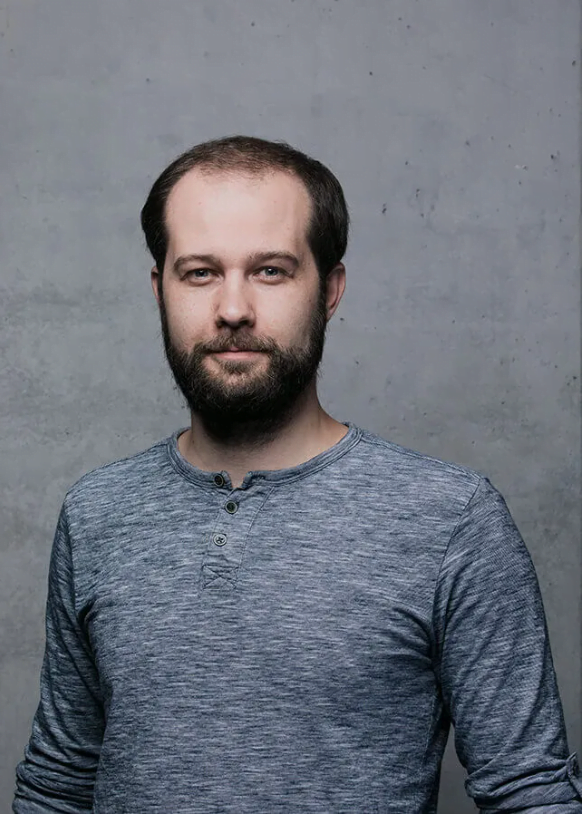
Patrick Berger
Lead Designer & Artist
